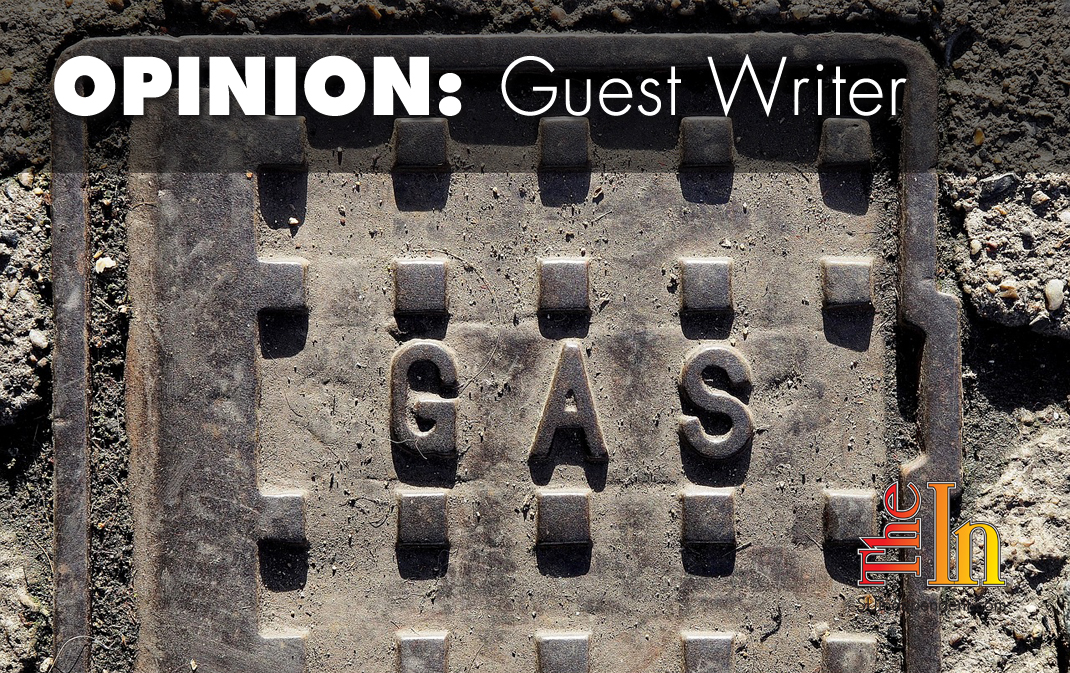
Ditching the Methane and Waste Prevention Rule is good for jobs and the environment
By Kevin Mooney
This fall, the Trump administration rolled back an Obama-era rule that regulates methane emissions from oil and natural gas production on federal lands.
Environmental activists swiftly condemned the decision.
Their concerns are unfounded. The Obama administration’s 2016 Methane and Waste Prevention Rule was duplicative and costly. By revising it, the administration will help boost job growth without harming the environment.
The Bureau of Land Management introduced the 2016 rule in the waning hours of the Obama administration. The rule required energy companies to capture more methane from their wells by adopting new technologies and protocols. The goal was to reduce carbon emissions, since methane is a major greenhouse gas.
The Waste Prevention Rule was a costly solution in search of a problem. Regulations to limit methane emissions already exist at both the federal and state levels. The BLM rule simply added a new, duplicative layer.
The rule also ignored that energy firms have a strong incentive to minimize methane emissions. Methane is the main component in natural gas, the very thing firms are trying to extract and sell. Energy firms that let methane escape are foregoing profits.
That’s why firms have already taken action to capture every possible cubic foot of methane. According to EPA data, methane emissions from the oil and gas sector were dropping long before the Waste Prevention Rule. Between 1990 and now, a period during which natural gas production increased 50 percent, industry-related methane emissions have fallen 14 percent. A separate report from the National Oceanic and Atmospheric Administration found that total U.S. methane emissions barely changed from 2000 to 2013.
In short, the industry is already accomplishing what the rule set out to do.
Keeping it in place would have made it more expensive for firms to operate on federal property, costing many workers their jobs. The existing overlapping federal regulations had already hampered oil and gas production on federal lands. Consider that from 2010 to 2015, natural gas production shot up 55 percent on state and private lands but declined by 18 percent on federal lands.
These restrictions haven’t merely limited the nation’s ability to become energy independent; they’ve also cost the federal government billions of dollars in lost royalties. And they’ve cost many workers the chance at a high-paying job. Oil and gas production supports more than 10 million jobs in the United States. The average wage for these positions is nearly 90 percent higher than the national average, according to the Bureau of Labor Statistics.
Ironically, the BLM rule may have even harmed the environment. Here’s why.
The recent explosion in natural gas production has sharply lowered the price of natural gas, making it cheaper than coal. As a result, many power plants have transitioned from coal to natural gas, which burns 50 percent cleaner than coal.
The switch to natural gas has driven an unprecedented 14 percent drop in energy-related carbon dioxide emissions since 2005. In fact, carbon dioxide emissions are now at a 25-year low.
Rolling back the BLM regulation would have little impact on methane emissions, since companies already have every reason to harvest this valuable gas. It will allow more energy production on federal lands. That means more high-paying jobs. And it means more utility companies will switch to cleaner-burning natural gas.
Kevin Mooney is an investigative reporter who writes about energy policy and environmental issues.
The viewpoints expressed above are those of the author and do not necessarily reflect those of The Independent.
How to submit an article, guest opinion piece, or letter to the editor to The Independent
Do you have something to say? Want your voice to be heard by thousands of readers? Send The Independent your letter to the editor or guest opinion piece. All submissions will be considered for publication by our editorial staff. If your letter or editorial is accepted, it will run on suindependent.com, and we’ll promote it through all of our social media channels. We may even decide to include it in our monthly print edition. Just follow our simple submission guidelines and make your voice heard:
—Submissions should be between 300 and 1,500 words.
—Submissions must be sent to editor@infowest.com as a .doc, .docx, .txt, or .rtf file.
—The subject line of the email containing your submission should read “Letter to the editor.”
—Attach your name to both the email and the document file (we don’t run anonymous letters).
—If you have a photo or image you’d like us to use and it’s in .jpg format, at least 1200 X 754 pixels large, and your intellectual property (you own the copyright), feel free to attach it as well, though we reserve the right to choose a different image.
—If you are on Twitter and would like a shout-out when your piece or letter is published, include that in your correspondence and we’ll give you a mention at the time of publication.



